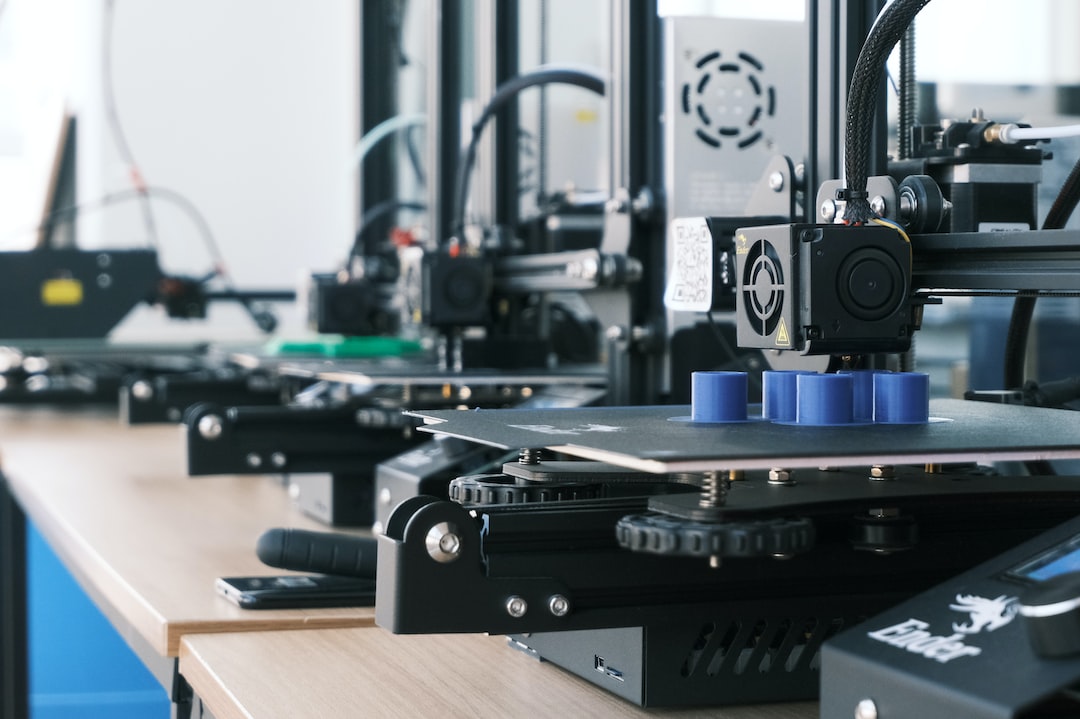The Internet of Things (IoT) has revolutionized various industries, and manufacturing is no exception. With IoT, connectivity and productivity in manufacturing have reached new heights. IoT has enabled manufacturers to connect, monitor, and control various devices and equipment remotely, leading to enhanced efficiency and improved production processes. In this blog post, we will explore the role of IoT in enhancing connectivity and productivity in the manufacturing sector.
Connectivity plays a crucial role in modern manufacturing. With IoT, manufacturers can establish seamless connections between machines, sensors, and other devices, creating a network of interconnected systems. This connectivity allows real-time data exchange between various components, enabling manufacturers to optimize their operations.
IoT sensors embedded in machines and equipment collect valuable data such as machine performance, energy consumption, and maintenance needs. This data is transmitted to the cloud, where it is processed and analyzed using advanced analytics tools. Manufacturers can gain insights into their production processes, identify potential bottlenecks, and make informed decisions to improve efficiency.
One major advantage of IoT in manufacturing is the ability to monitor and control equipment remotely. Traditionally, manufacturing plants required on-site technicians to monitor and maintain equipment, causing delays and incurring additional costs. With IoT, manufacturers can remotely monitor their production lines, identify issues, and make adjustments in real-time. This not only saves time but also reduces the need for on-site visits, leading to cost savings.
By leveraging IoT, manufacturers can also implement predictive maintenance strategies. IoT sensors can continuously monitor equipment performance, detecting anomalies and potential failures. With this data, manufacturers can schedule maintenance activities before any major breakdown occurs. This proactive approach helps in reducing downtime, improving productivity, and extending the lifespan of machines.
IoT has also played a significant role in enhancing connectivity across the supply chain. Manufacturers can track raw materials, components, and finished goods in real-time using IoT-enabled tracking systems. This allows for better inventory management and ensures timely delivery of goods. Furthermore, manufacturers can collaborate with suppliers, distributors, and retailers more efficiently, leading to improved visibility and streamlined operations.
In addition to connectivity, IoT has greatly impacted productivity in manufacturing. By automating processes and integrating various systems, IoT helps in optimizing production lines. For example, IoT-enabled robotics can perform repetitive tasks with precision, minimizing human errors and increasing productivity. These robots can communicate with other machines and sensors, making adjustments on the fly to optimize efficiency.
IoT has also facilitated the implementation of smart factories. In a smart factory, machines communicate with each other and make decisions autonomously based on real-time data. For instance, a machine can automatically order raw materials when it detects inventory levels are running low. This level of automation improves productivity, reduces waste, and allows manufacturers to operate around the clock.
Moreover, IoT has paved the way for the implementation of real-time tracking and monitoring solutions, enhancing quality control in manufacturing. Manufacturers can monitor production processes, identify deviations from set specifications, and make necessary adjustments in real-time. This leads to improved product quality, reduced defects, and increased customer satisfaction.
In conclusion, the role of IoT in enhancing connectivity and productivity in manufacturing cannot be overstated. IoT has provided manufacturers with the ability to connect, monitor, and control their machines and equipment remotely. It has revolutionized supply chain management, enabled predictive maintenance, and facilitated the implementation of smart factories. By leveraging IoT, manufacturers can optimize their operations, improve efficiency, and stay competitive in the fast-paced world of manufacturing.

